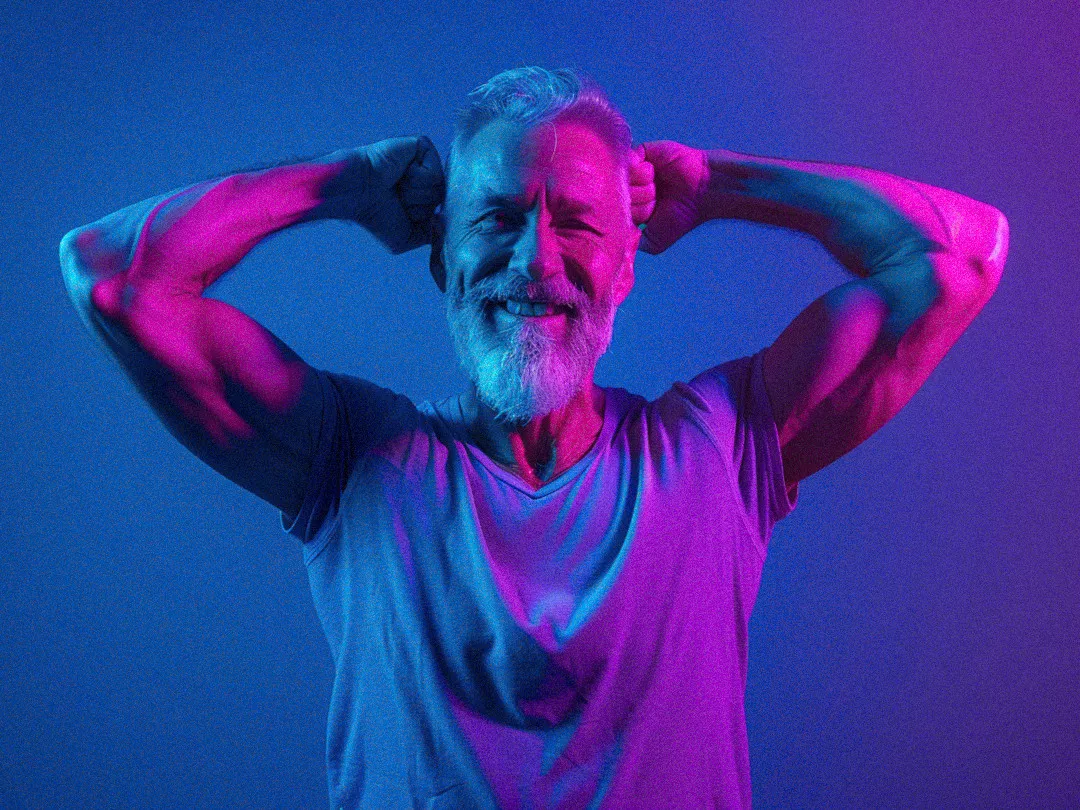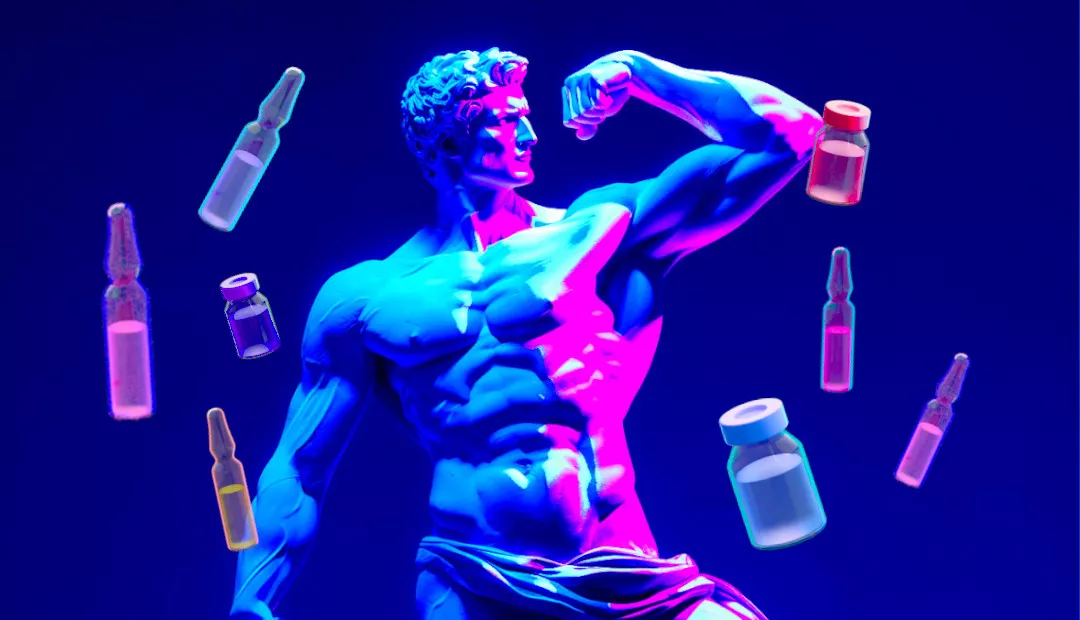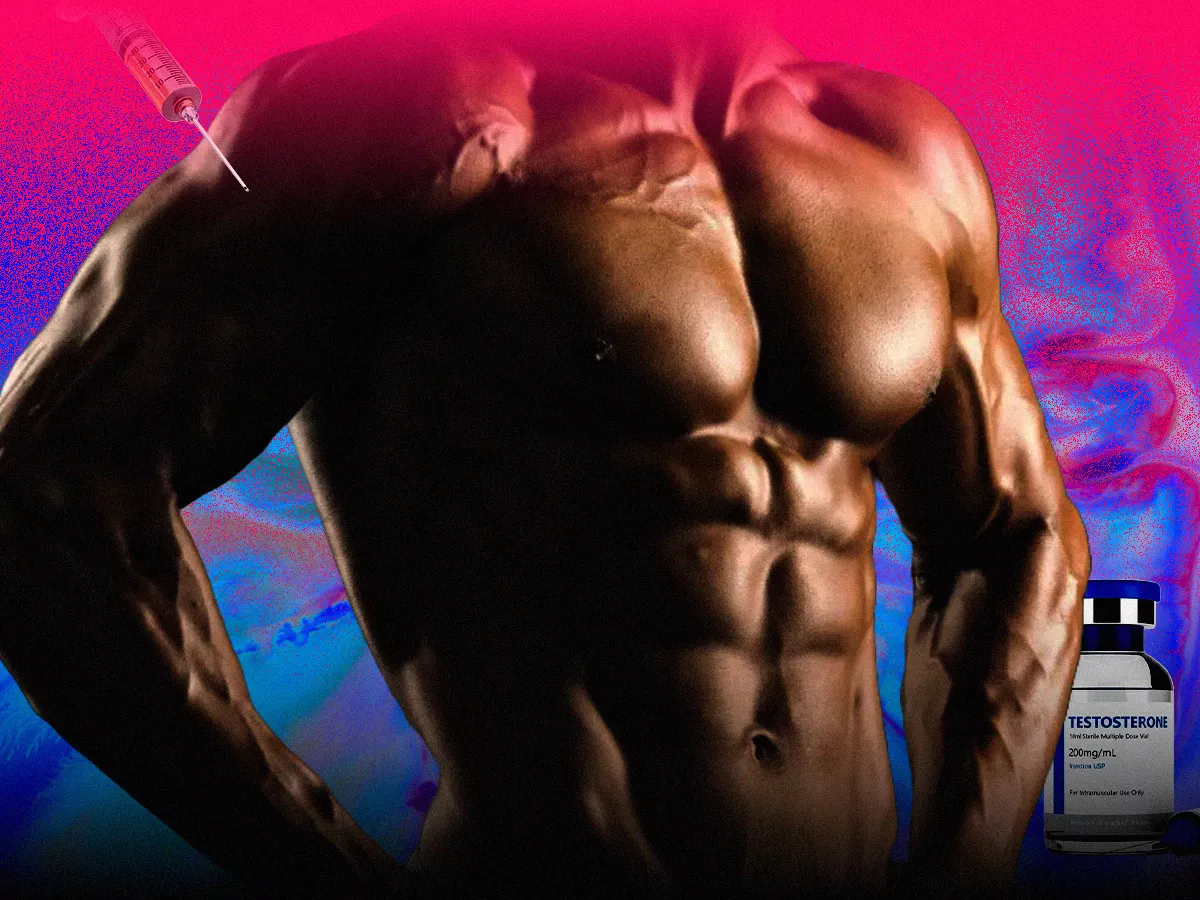Navigating the Challenges: Understanding TRT Withdrawal Symptoms
486
Testosterone withdrawal happens when your body, dependent on testosterone supplements, goes without them, leading to a range of symptoms.

What is TRT withdrawal? (Testosterone Withdrawal)
Testosterone withdrawal happens when the body becomes chemically dependent on testosterone supplements and then lacks them for a while. Using testosterone boosters reduces the body’s natural testosterone production. As a result, suddenly stopping testosterone therapy leads to a deficiency of the hormone, as the body is not producing it on its own. This imbalance can cause uncomfortable symptoms, making individuals feel reliant on the hormone to reduce them.
Generally, the longer you’ve been on testosterone treatments, the longer it may take for your body to return to its natural testosterone levels after stopping. Short-term users usually experience less severe withdrawal symptoms.
Withdrawal effects vary by individual and depend on factors such as the duration of testosterone use, the rate at which therapy was started or stopped, and personal variables like diet, exercise, age, and stress levels.
Dosage also significantly affects withdrawal symptoms. Higher doses of testosterone can lead to more intense withdrawal reactions. Additionally, suddenly stopping TRT (cold turkey) rather than tapering off gradually increases the likelihood of experiencing withdrawal symptoms.
Interested in Post-Cycle Therapy (PCT)? Contact us at info.bkk@pulse-clinic.com or any of the following platforms:
![]() +66 65 237 1936
+66 65 237 1936  @PULSEClinic
@PULSEClinic ![]() PulseClinic
PulseClinic
TRT Withdrawal Symptoms (What happens when you go through testosterone withdrawal?)
These symptoms can differ in duration and intensity, but most people undergoing testosterone withdrawal typically experience the following:
Testosterone Cravings
Similar to any chemical dependency, your body may crave what it has become reliant on after stopping testosterone therapy. This desire for more testosterone can largely be mitigated with a proper cycle-off program, ideally managed by wellness professionals under medical supervision.
Anxiety
It is often reported that testosterone boosters lead to lower anxiety; testosterone withdrawal, is then, accompanied by a similar increase in anxiety.
Depression
When people cycle off testosterone, they often experience mild depression for up to two weeks, which can worsen depending on their circumstances. For older men, lower testosterone levels can significantly exacerbate feelings of depression.
Headaches
Withdrawing from anything often leads to tension headaches, and cycling off testosterone is no different. As your nervous system adjusts to functioning without the testosterone booster, you may experience similar head pain.
Add us on Line and stay in touch.
Muscle Loss
When you stop using testosterone boosters, you will find it harder to build lean muscle mass as easily and quickly as before. Discontinuing the boosters often leads to some degree of muscle loss.
Decreased Libido
In addition to losing muscle mass, you may experience a decrease in sex drive when you stop testosterone therapy.
Slowed Cognitive Function
Because testosterone is closely associated with improved cognitive function, discontinuing treatment can lead to slower thinking and memory deficits, resulting in a "brain fog" that is common during withdrawal.
Weight Changes
Just as people on testosterone may gain or lose weight based on their body composition when starting therapy, you might experience a corresponding weight change in the opposite direction as you taper off the hormone.
How Long Will Recovery Take?
Although reading a list of testosterone withdrawal symptoms can be intimidating, most symptoms typically last only a week or two after stopping testosterone boosters.
However, recovery time can vary based on factors such as age, stress, and the specificity of your testosterone therapy. Those on long-term, high-dose regimens might experience more severe symptoms, which can take months to resolve fully.
If you are on a staggered testosterone therapy regimen, you may become accustomed to the withdrawal symptoms as you cycle on and off testosterone. These symptoms can feel particularly overwhelming for those quitting for the first time.
How Can You Mitigate Its Effects?
The most recommended action would be to consult a doctor or a medical professional before the testosterone intake. Or at the very least, book a consultation if you are considering starting a TRT program. Here are some additional steps you can take to prevent withdrawal symptoms.
Natural Testosterone Boosters
To minimize testosterone withdrawal symptoms and ease the transition, help your body maintain natural testosterone levels. This can involve taking zinc supplements and other supportive therapies, consuming healthy fats, reducing stress, and staying active through exercise.
Reducing Dosage Under Medical Supervision
While alternative methods can help manage testosterone withdrawal symptoms, the most effective approach is to work with your wellness professional to determine the best rate for tapering off the hormone.
By gradually reducing your testosterone intake, your body has the opportunity to recover and resume natural production. This can reduce cravings and lessen the severity of withdrawal symptoms, making it less likely you will feel the need to return to testosterone therapy due to dependency.
Effective communication with your wellness professionals and adherence to their prescribed regimen is crucial when undergoing any hormone therapy, especially TRT.
For personalized guidance, reach out to PULSE Clinic to begin a professionally supervised Post Cycle Therapy (PCT) plan designed to minimize withdrawal symptoms as much as possible.
Trust PULSE CLINIC to take care of your health like other 45000 people from over 130 countries. We provide discreet professional service with high privacy. Here to help, not to judge.























